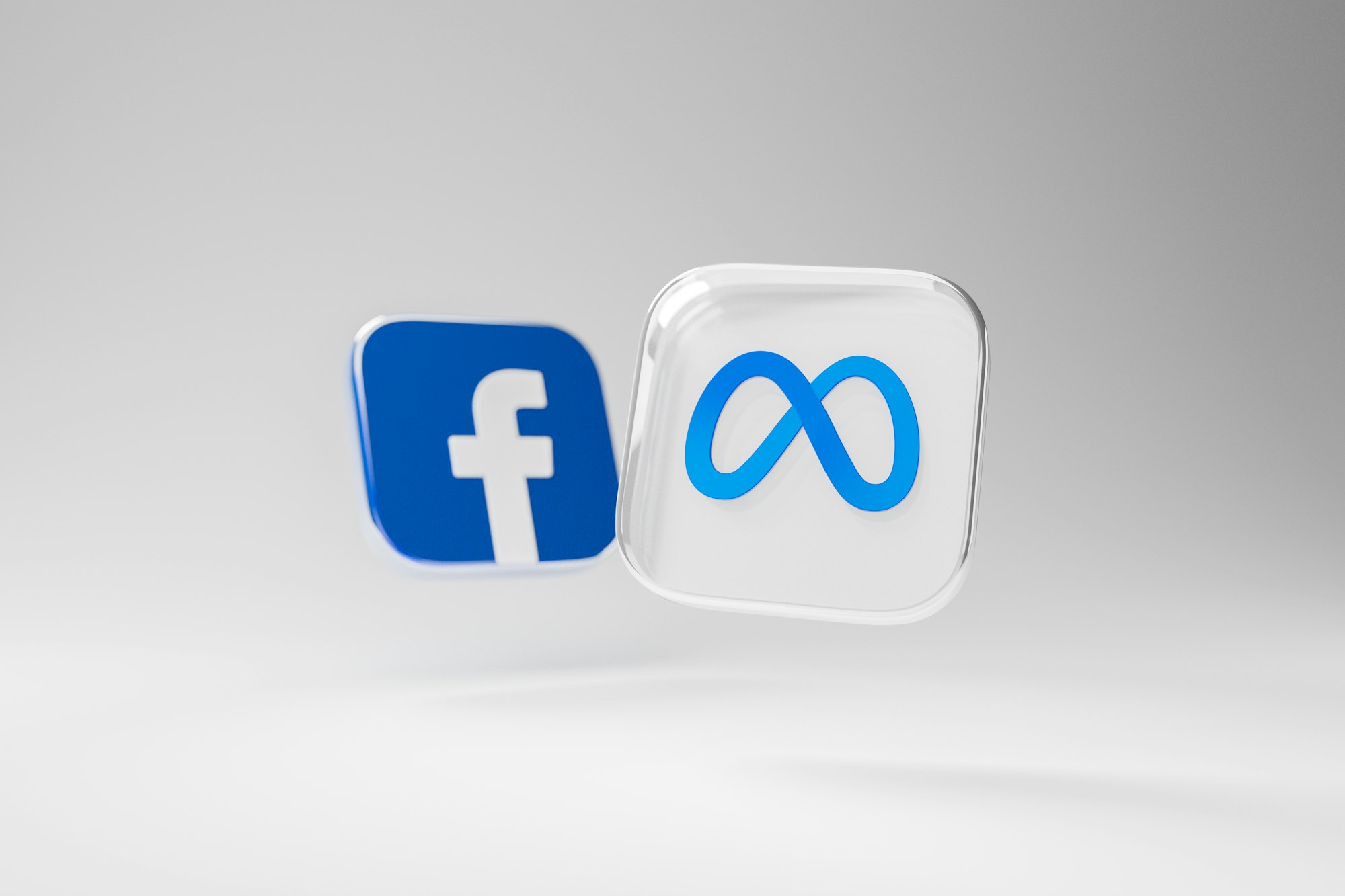Twitter Takes a Stand Against Meta's Alleged Trade Secret Misuse

As a tech mom, I know digital spaces aren't just about connecting with friends and family anymore. They've become venues for fierce competition and occasional controversies between technology behemoths. The latest in this saga is Twitter's move to potentially sue Meta Platforms over its new offering, Threads.
According to Reuter's face-off between two social media giants – Twitter and Meta Platforms in what seemed to be a peaceful coexistence has turned into a fiery battlefield over alleged theft of trade secrets. The epicenter? Meta's new microblogging platform, Threads, is accused of being a mirror reflection of Twitter.
On Wednesday, Twitter fired the first salvo, accusing Meta of using its trade secrets to develop Threads. The bird platform claims that Meta strategically hired former Twitter employees, many of whom had "improperly retained" documents and devices from their previous employer. It appears the drama of Silicon Valley has taken a turn towards an intriguing courtroom drama.

But, while Twitter's accusations sound grave, proving them might be an uphill task. Many legal experts agree that establishing trade secret theft in court is notoriously tricky. To claim victory, Twitter must demonstrate that Meta accessed economically valuable information that Twitter undertook "reasonable efforts" to keep secret. And that, folks, is the rub. The devil is in the details of what constitutes a "reasonable effort."
The law fraternity unanimously believes that waving your hands and claiming something as a trade secret doesn't cut it. You need to establish protective measures while not going overboard to the extent of stifling information usage. Threads' resemblance to Twitter is undeniable, but is it a case of copying or a natural evolution of the microblogging concept? Only time will tell.
A common pitfall in trade-secret cases is the broad confidentiality agreements many companies enforce. Courts have previously discredited claims where employees could not decipher what was confidential due to sweeping language in such agreements. So, if Twitter has a similar agreement in place, its battle against Meta might prove to be futile.

As we watch this high-stakes drama unfold, we're reminded of the famous Alphabet Waymo and Uber Technologies feud. Initially centered on thousands of allegedly stolen documents, the case ended in a dispute over a mere handful and a hefty settlement on Uber's part.
While a court appearance may be a rarity in such cases, settlements are the norm. Why? Nobody wants their secrets paraded in open court any more than necessary. The coming weeks and months promise a riveting narrative of tech corporate warfare. Buckle up, tech enthusiasts. It's going to be a wild ride!
Meta launched Threads on Wednesday and recorded an astonishing 30 million sign-ups, possibly driven by the social reach of Instagram's billions of users. However, this success story is not without contention. Twitter's lawyer, Alex Spiro, has voiced concerns about the recruitment practices of Meta. According to Spiro, Meta has hired ex-Twitter employees who "had and continue to have access to Twitter's trade secrets and other highly confidential information."

However, Meta's response has been straightforward, denying any such claims. Their spokesperson Andy Stone stated, "No one on the Threads engineering team is a former Twitter employee," and even a former senior Twitter employee confirmed this assertion.
This incident raises several important questions about employee mobility, intellectual property rights, and competition within the tech industry. As consumers and digital citizens, we must keep an eye on these developments to ensure our platforms maintain their transparency, integrity, and commitment to user privacy.

Disclaimer: Some information on this site may be considered attorney advertising under your state’s laws and ethical rules. This legal news site and its content is for general information only and is not legal advice. Information on this site may be incomplete or out-of-date.
No attorney-client relationship is created between you and any attorney who publishes content or online forms on this site. Hiring a lawyer is an important decision that should not be based solely on advertisements.

